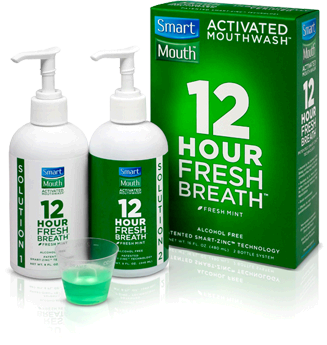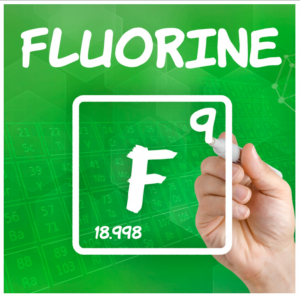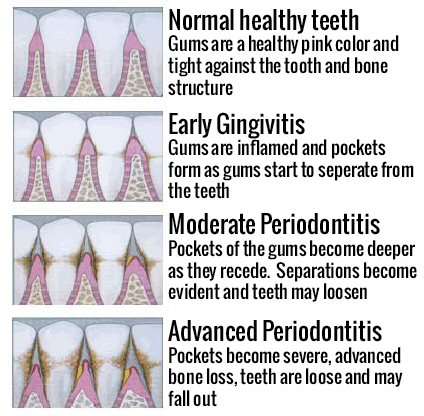 Congratulations you are having a baby! You’re seeing your obstetrician on a regular basis to ensure both you and your baby are in perfect physical health but has anyone discussed your dental health during these exciting months?
These days between vitamins and proper diet, calcium generally is not a concern during a woman’s pregnancy. It is important to include plenty of dairy products and green leafy vegetables such as spinach and broccoli to ensure you get the necessary amount of calcium while you’re pregnant.
Congratulations you are having a baby! You’re seeing your obstetrician on a regular basis to ensure both you and your baby are in perfect physical health but has anyone discussed your dental health during these exciting months?
These days between vitamins and proper diet, calcium generally is not a concern during a woman’s pregnancy. It is important to include plenty of dairy products and green leafy vegetables such as spinach and broccoli to ensure you get the necessary amount of calcium while you’re pregnant.
Remember that major hormonal changes are occurring and this increase in both estrogen and progesterone can elevate your chances of developing gingivitis. “Pregnancy gingivitis” can appear as early as within the first trimester. Continue to brush and floss on a regular basis and you may want to consider adding an antimicrobial mouth rinse to help control any inflammation. Also, your dentist may suggest having your teeth cleaned more frequently to lessen the chances of gingivitis developing into more serious periodontal disease.
A small percentage of women will develop pregnancy granulomas which are red swollen nodules located near the upper gum line. While often painful they aren’t dangerous and generally disappear after the baby is born. No one has determined exactly what causes these granulomas though poor oral hygiene is typically involved.
While most dental experts agree that elective dental procedures should be postponed until after the birth of the baby, dental emergencies still need to be addressed. If anesthesia or prescribed medication will be involved your obstetrician should be consulted.
If you are planning on becoming pregnant why not go ahead now and schedule an appointment with Dr. Ellis? Any necessary x-rays can be taken at this time and she can also discuss a suitable dental plan for you to follow while you are expecting.
Photo Credit




